Limnanthes douglasii is a species of flowering plant in the meadowfoam family commonly known as poached egg plant and Douglas’ meadowfoam. It is native to California and Oregon, where it grows in wet, grassy habitat, such as vernal pools and spring meadows. It can grow in poorly drained clay soils. The plant was collected by the Scottish explorer and botanist David Douglas, who worked on the west coast of America in the 1820s. The plant usually bears white flowers with yellow centers, hence the name “poached egg plant”, but flower color can vary across subspecies. It is a popular ornamental plant. It attracts hoverflies to the garden to beat the aphids and is well loved by bees. It is self-seeding, and gardeners are often careful as to where the seeds fall as it will quite happily grow in a lawn. Description from calscape.org
Home > Plant Guide >
Scientific Name
Family
Garden Type
Wildlife
Native Plant Region
Light needs
Water Needs
Plant Type
Bloom Color(s)
Height
Width
Months in Bloom
Safe Beneath Power Lines?
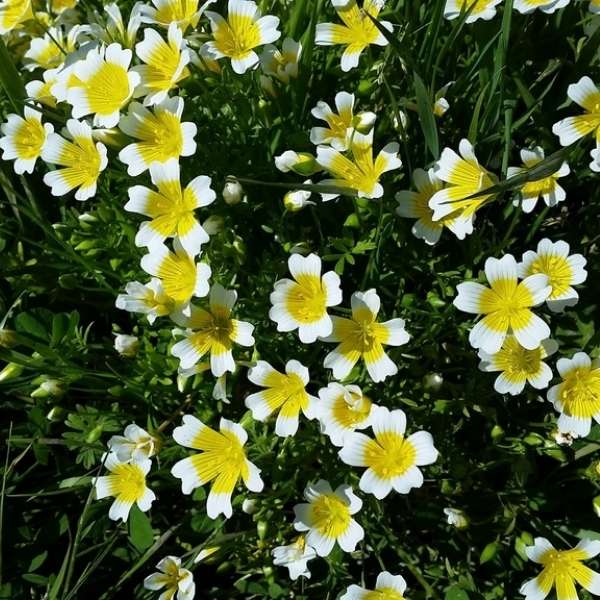
We’d like to maintain accurate and robust plant listings. If you see information that is not correct or that could be added to improve the listing, please let us know. Or if you’d like to suggest a plant to add to our plant guide, you can use this form do so. Thank you!
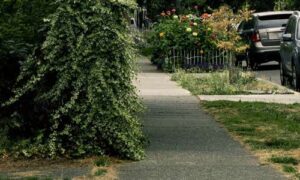
Start a garden in a planting strip along the street. Explore our interactive corridor map, find what to grow, and start nurturing today.
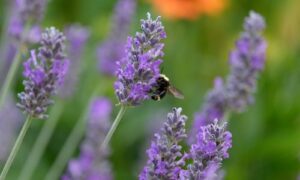
Check out our list of local wildlife-supporting plant stores and nurseries, organizations, and community science opportunities.
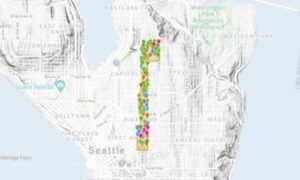
Get involved by sharing and mapping the birds, animals and nature around you to help the community understand the biodiversity in our neighborhood.
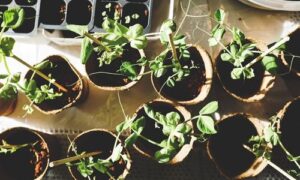
Gardeners can check out seeds for free from the library to plant. Then after harvest, gardeners bring seeds back to the library for others to enjoy in future growing seasons.
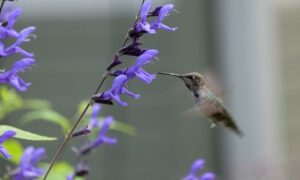
Protecting the trees and other vegetation that what we currently have is perhaps the most important way to ensure biodiversity in cities.
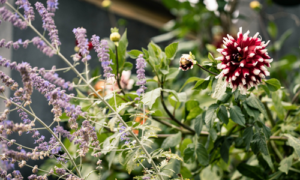
Learn about container gardening with shrubs, trees, herbs, veggies, perennials, and annuals. A special focus will be on plantings that provide pollinators with food and that encourage bird habitat.
Nature of Your Neighborhood is a collaboration between Birds Connect Seattle, the Capitol Hill EcoDistrict, and the Seattle Bird Conservation Partnership. Our goal is to foster relationships between the people and the nature of their neighborhoods.